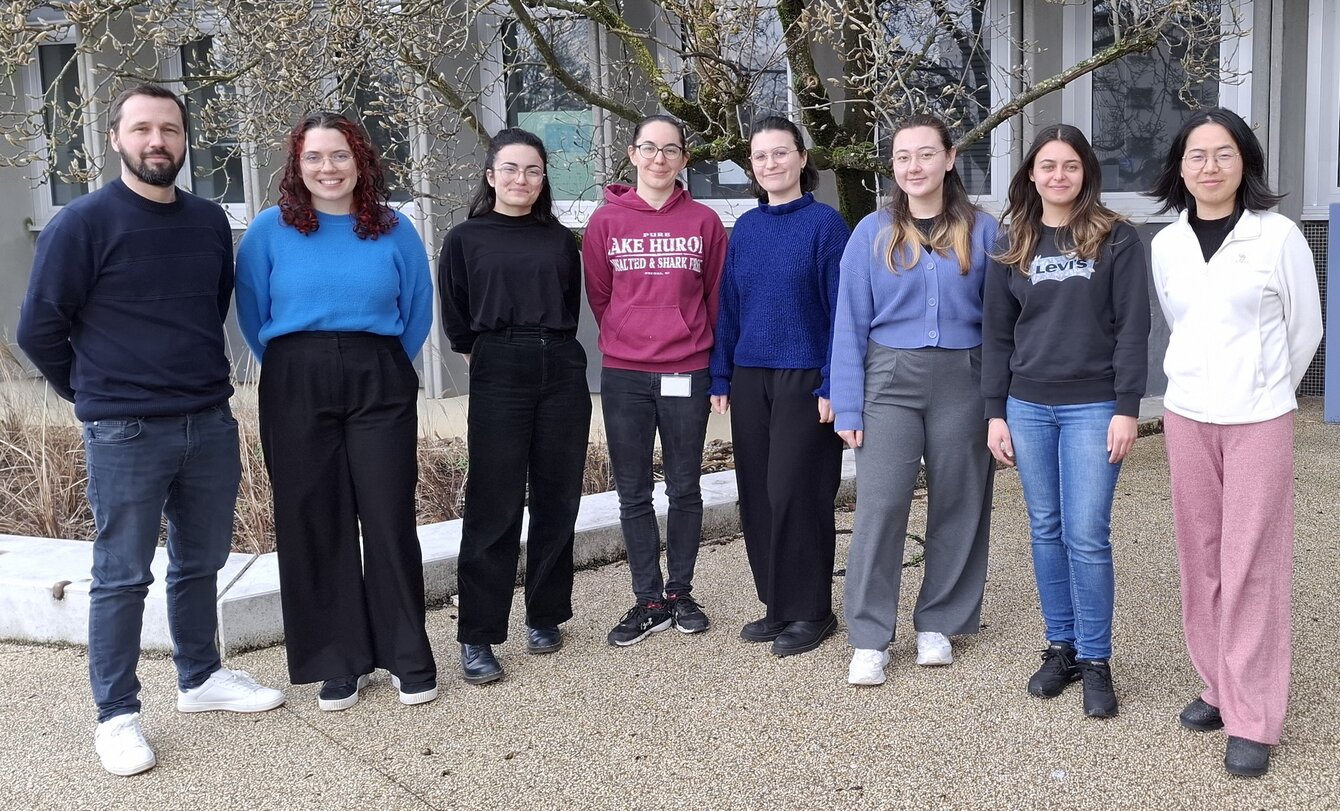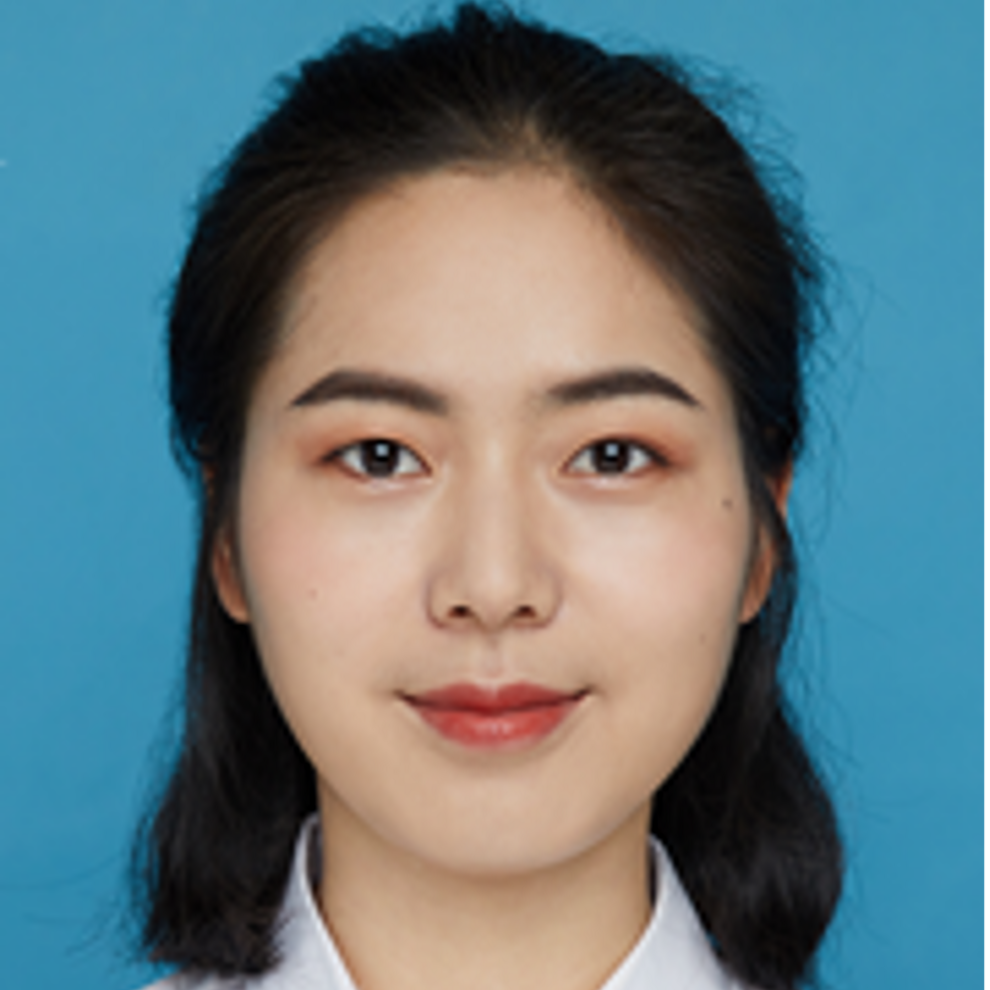
The PCS group
Vous êtes ici :

The PCS group

Mayeul Collot was born in Vichy, France in 1980. He first worked on carbohydrate chemistry at the Ecole Normale Supérieure de Paris with Dr. Jean-Maurice Mallet where he obtained his PhD degree in molecular chemistry from the university Pierre & Marie Curie (Paris, France). In 2008 he joined the group of Pr. Peter H. Seeberger at ETH Zurich (Switzerland) and the Max Planck Institute Berlin (Germany) to work on the automated synthesis of sulfated glycosaminoglycans. In 2010, his interest focused on another research field, as he got involved in a project aiming at developing fluorescent molecular- and nano- probes. Since then and after joining the CNRS in 2013 (Strasbourg, France), he develops fluorescent tools, fluorogenic systems and photoswitchers for the bioimaging. Mayeul is now leading the team "Chemistry of Photoresponsive Systems” in UMR7199 at the university of Strasbourg. His research, supported by a young investigator grant (ANR JCJC 2019), national grants (ANR) and a CNRS award (bronze medal), aims at developing efficient fluorescent bioimaging tools for life sciences. Mayeul is specialized in designing and characterizing targeted fluorescent probes, and already brought three of his probes to the market (Calcium Ruby-Nano, MemBright®, LipiBright®).
![[Translate to English:] Louis Evrard](/websites/_processed_/8/6/csm_Louis_Evrard_c50dcfa7ea.jpg)
After obtaining my chemical engineering degree from ECPM, I began my PhD in 2025 in the CSP team. My project focuses on the synthesis of new photo-modulable fluorescent molecules. The directed photo-oxidation mechanism was recently developed by the team for certain types of fluorophores. My goal is to extend the application of this mechanism to new fluorescent molecules. Through various coupling and functionalization strategies, the synthesized molecules will be able to target different organelles. The photoactivation or photoconversion of these fluorophores is particularly useful in advanced bioimaging, for example in single-molecule localization microscopy (SMLM).

I am a PhD student at Tohoku University in Japan. My research focuses on designing fluorescent probes to monitor disease-related enzyme activity and on developing bifunctional molecules for the targeted degradation of proteins and dysfunctional organelles. I am currently visiting Dr. Collot’s group for six months, during which I am working on extending the directed photooxidation-induced conversion (DPIC) mechanism to other fluorophores.

I completed my master's degree at the Shanghai Institute of Materia Medica in China. My PhD project focuses on developing custom block copolymers based on biodegradable polymers, specifically polycaprolactone (PCL) and polylactide (PLA), incorporating polyethylene glycol (PEG). These copolymers are designed to enhance controlled drug release profiles for various therapeutic applications. Additionally, fluorescence labeling is employed to gain insights into the copolymers' behavior after formulation and during drug release. The main objectives are to synthesize biocompatible copolymers, characterize their properties, and optimize drug release profiles for controlled and prolonged delivery, with fluorescence serving as a key tool for assessing release dynamics.
![[Translate to English:] Photo of Sophie Walter](/websites/pharmacie/UMR7199/CSP/Images/Sophie_Walter.jpg)
My thesis project is called “3D mapping of CO2 and pH dynamics in the normal and pathological brain”. The project is part of a collaborative project with Serge Charpak's team (Institut de la vision, Paris) aimed at studying the role of CO2 and pH in neurovascular coupling. The role of our team is to develop fluorescent probes compatible with multiphoton and in vivo microscopy which will then be used by our partner on mouse models. Our probes must be, on the one hand, sensitive to variations in pH in the blood and on the other hand, sensitive to the increase in the CO2 concentration in the blood.